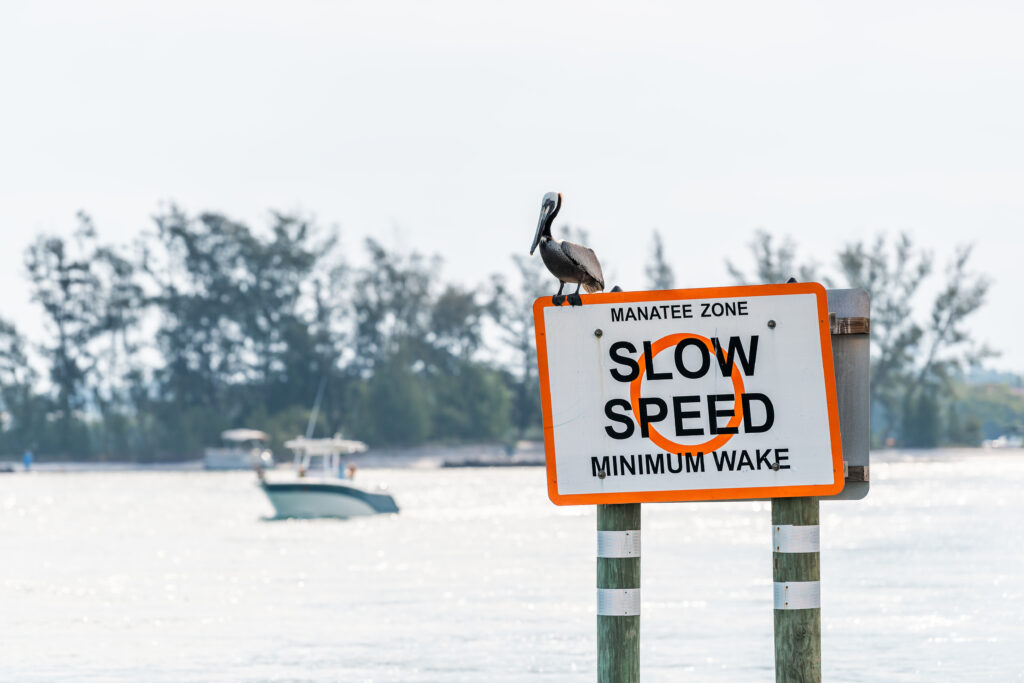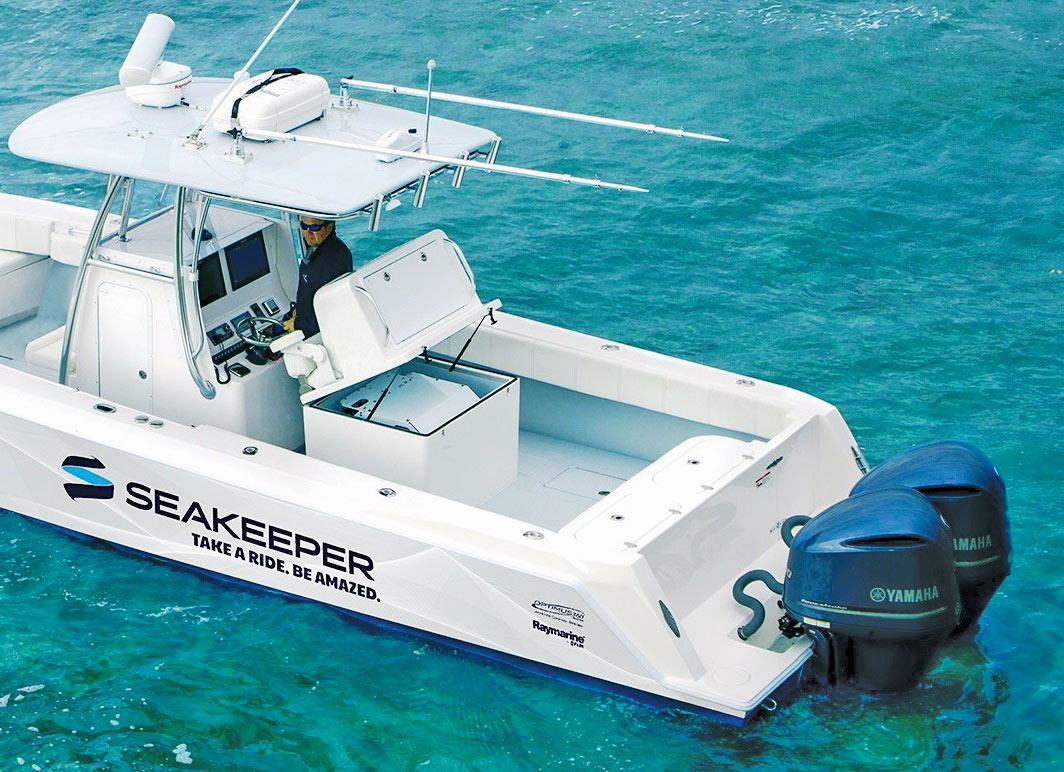Eating Vegan on the Ocean Conservation Ship Sea Shepard: A Sustainable Journey at Sea
When it comes to ocean conservation, the Sea Shepherd Conservation Society stands out not only for their direct-action campaigns protecting marine life, but also for their commitment to sustainable and compassionate living onboard their ships. All Sea Shepherd ships operate as 100% vegan vessels, ensuring that both the crew and the environment are treated with care and respect.
Animal agriculture and overfishing contribute significantly to the declining health of our oceans, prompting the Sea Shepherd to put their beliefs into practice by providing three nutritious and delicious vegan meals a day to their hardworking crew (Sea Shepherd Global). The talented galley chefs work tirelessly to ensure the health and satisfaction of the crew, while also showcasing the ease and benefits of adopting a vegan lifestyle.
By serving exclusively vegan food onboard, the Sea Shepherd organization not only aligns their actions with their mission, but also raises awareness about the urgent need for sustainable, compassionate, and eco-friendly food choices. Their commitment to veganism demonstrates the feasibility of this lifestyle, even in the challenging environment of a marine conservation ship.
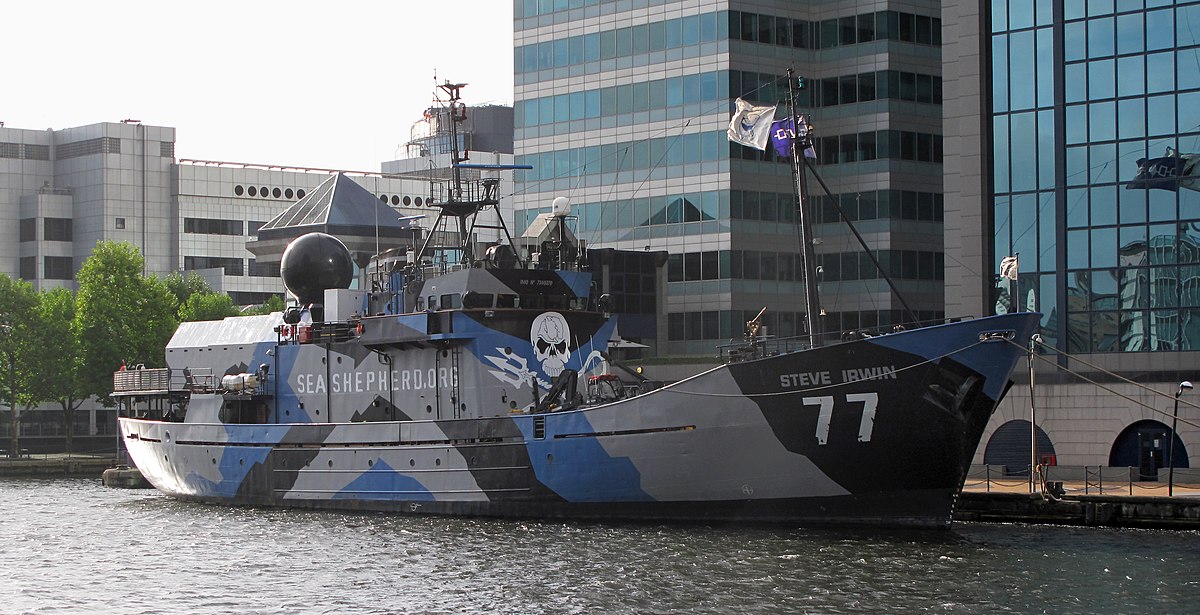
The Sea Shepherd Conservation Society
The Sea Shepherd Conservation Society is a non-profit international organization committed to the protection and conservation of the world's oceans and marine wildlife. Founded in 1977, Sea Shepherd has made a significant impact in the fight against illegal fishing, poaching, and habitat destruction, using direct action tactics to defend vulnerable species and ecosystems.
One aspect that sets Sea Shepherd apart is its commitment to sustainability and environmental responsibility. This includes the implementation of a vegan diet onboard all of their conservation ships. Sea Shepherd Global ensures that all ships are 100% vegan, providing nutritious and delicious meals to the crew during their direct-action campaigns in defense of the oceans. This decision not only minimizes the organization's environmental impact but also supports a responsible and ethical lifestyle that aligns with their mission to protect marine life.
Onboard the organization's various ships, such as the Steve Irwin, talented galley chefs are tasked with creating three vegan meals per day that cater to the dietary needs and preferences of the crew members. Through their dedication and experience, the chefs ensure that everyone onboard the ships receives wholesome, high-quality, and delicious vegan food, while also adhering to the overall mission of protecting the ocean and its inhabitants.
Over the years, Sea Shepherd has operated a range of vessels in what they refer to as "Neptune's Navy." As of 2021, their fleet consists of 12 ships, including the Ocean Warrior, Brigitte Bardot, Bob Barker, and more. These ships serve as a symbol of hope and resilience as they traverse the oceans, challenging the threats faced by marine life and their habitats.
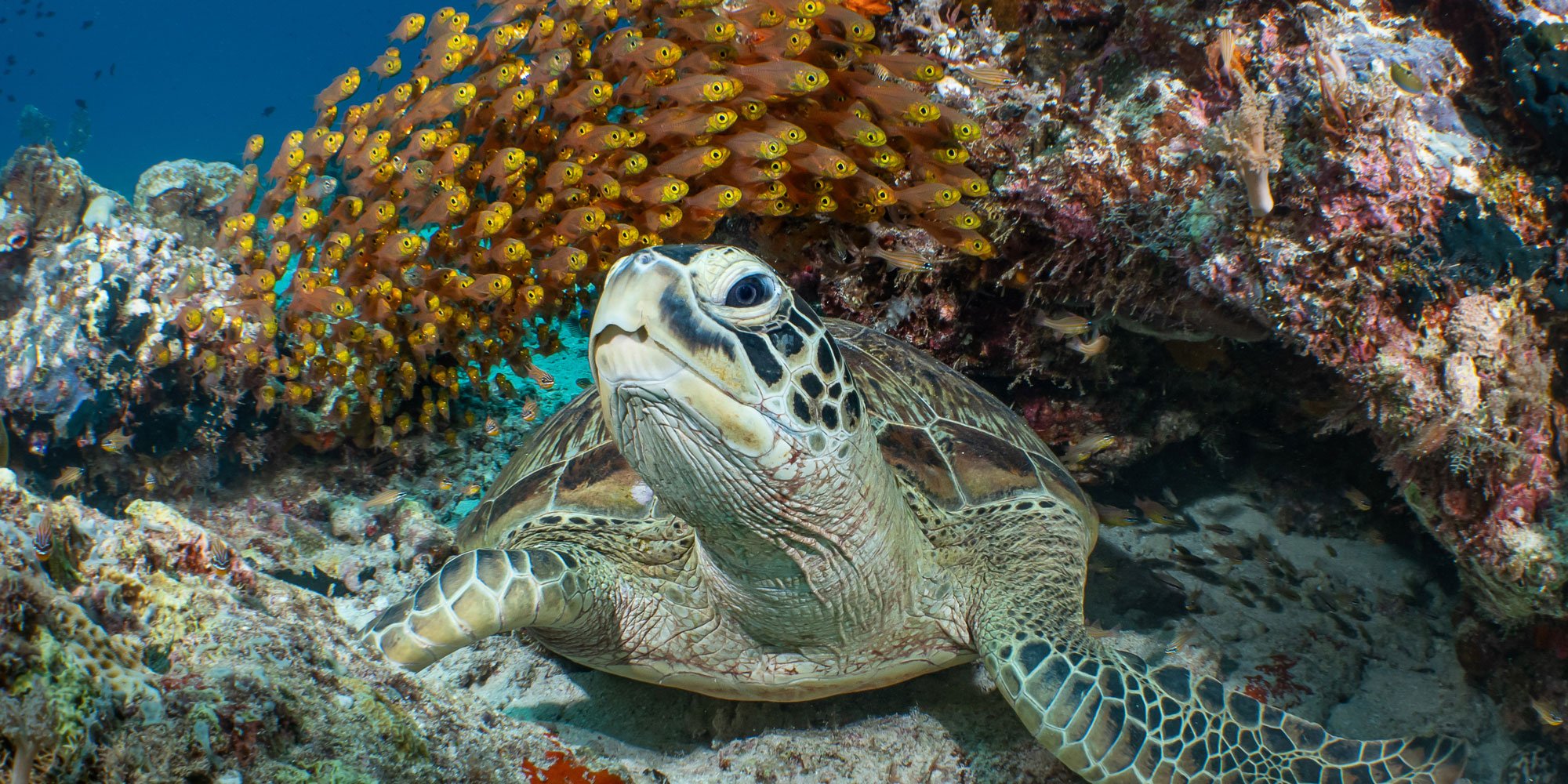
Why Choose a Vegan Lifestyle Onboard
Choosing a vegan lifestyle while onboard the Sea Shepherd conservation ship brings significant benefits to both the crew members and the environment. One of the primary reasons for this choice is the direct correlation between animal agriculture and overfishing, both of which have a devastating impact on ocean life (Sea Shepherd Global).
By adopting a 100% vegan diet onboard, the Sea Shepherd crew actively demonstrates their commitment to minimizing harm to the oceans. The dedicated galley chefs craft tasty and nutritious vegan meals, ensuring the crew is well-fed and energized for their vital work (Sea Shepherd Global).
Moreover, a vegan diet has a lower environmental footprint compared to animal-based diets. It leads to a decrease in personal carbon emissions, freshwater use, and agricultural land demand. Each of these factors contributes positively to the preservation of our planet's oceans and its marine ecosystem (One Green Planet).
However, it is essential to recognize that veganism alone is not the sole solution to protect the oceans. Environmental activists also advocate for sustainable fishing practices and waste reduction strategies. Nevertheless, promoting veganism on the Sea Shepherd ship sets a strong example that can inspire others to take actionable steps towards protecting the aquatic environment (Greenpeace International).
By embracing a vegan lifestyle onboard the Sea Shepherd ship, the crew members contribute to a positive change for ocean conservation while fostering a healthy and sustainable way of living.
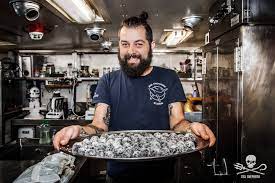
Benefits of a Vegan Diet to Ocean Conservation
Adopting a vegan diet on the Sea Shepherd ocean conservation ship serves multiple purposes in protecting our marine ecosystems. One of the most prominent benefits is the direct reduction in demand for overfished marine life. Overfishing has severe consequences on marine biodiversity and the overall health of ocean ecosystems. By choosing a vegan diet, the Sea Shepherd crew members actively contribute to limiting the negative impacts of overfishing on our oceans.
Additionally, a vegan diet has a lower water footprint compared to an omnivorous diet. Research indicates that switching to a vegan diet can reduce an individual's water footprint by up to 55% (The Humane League). This is important for ocean conservation as water scarcity is a growing global issue, and adopting a vegan diet on the ship contributes to preserving freshwater supplies for future generations.
Another advantage of consuming plant-based meals aboard the Sea Shepherd is the reduced carbon emissions associated with food production. Animal agriculture usually contributes heavily to greenhouse gas emissions, which in turn contribute to global warming and subsequent negative effects on the world's oceans, such as coral bleaching, rising sea levels, and ocean acidification. A vegan diet helps mitigate these issues by producing fewer carbon emissions during the production process (BBC Future).
Furthermore, serving vegan meals on the Sea Shepherd enhances the crew's commitment to preserving the health of our oceans, as it directly correlates with their mission goals. By embracing a plant-based diet, crew members uphold their ocean conservation values not only through their work on the ship but also in their dietary choices.
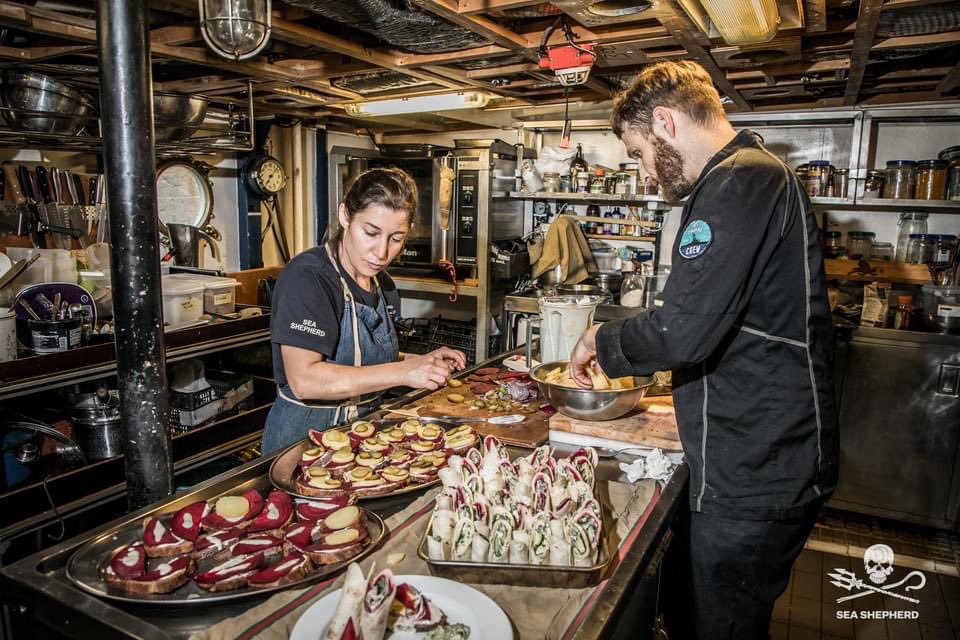
Vegan Meal Planning and Preparation
Sourcing Ingredients
On board the Sea Shepherd, the crew focuses on ensuring they source vegan ingredients in a sustainable and eco-friendly manner. This includes purchasing fresh produce locally whenever possible and choosing organic varieties when available. The ingredients are selected to ensure the environmental impact is minimal, maintaining a consistent commitment to ocean conservation (Sea Shepherd Global).
Nutrient Balance
Meal planning on the Sea Shepherd takes into consideration the nutritional needs of the crew members. The galley chefs aim to provide balanced vegan meals containing a variety of fruits, vegetables, whole grains, legumes, nuts, and seeds. This ensures that the crew receives essential nutrients, such as protein, iron, calcium, and omega-3 fatty acids, which can be obtained from plant-based sources. Nutrient-dense meals help keep the crew energized and healthy during their direct-action campaigns to protect the ocean.
Meal Rotation and Variety
To keep mealtime interesting and enjoyable for the crew, the galley chefs create a diverse range of vegan dishes. They draw inspiration from various global cuisines and incorporate different cooking techniques to provide an exciting mix of flavors and textures. The chefs are also mindful of catering to any dietary preferences or restrictions among the crew members, ensuring that everyone can partake in the mealtime experience (Sea Shepherd Global).
Some popular vegan meal options include:
- Hearty stews and soups
- Grain bowls with vegetables and legumes
- Tofu or tempeh stir-fries
- Vegetable curries
- Pastas with plant-based protein sources
By implementing these vegan meal planning and preparation strategies aboard the Sea Shepherd, the crew maintains a plant-based lifestyle while staying nutritionally balanced, enjoying a diverse menu, and minimizing their environmental impact.
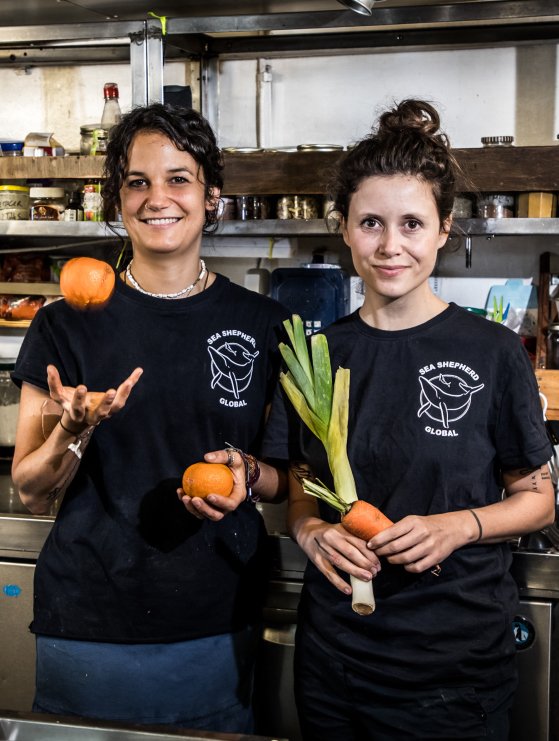
Challenges and Solutions
Limited Access to Fresh Produce
One of the challenges faced by Sea Shepherd's vegan crew is having limited access to fresh produce while in the middle of the ocean. To overcome this issue, the ship's talented galley chefs carefully plan and store ingredients to maximize their freshness, making use of vacuum sealing, dehydration, or freezing methods. Additionally, they often rely on ingredients like dried grains, beans, and legumes that can be stored for a longer duration without losing their nutritional value(Sea Shepherd Global).
Catering to Different Palates
With a diverse crew on board, the galley chefs face the challenge of catering to different palates while maintaining a strictly vegan menu. They accomplish this by incorporating an array of international flavors and dishes, utilizing a variety of plant-based ingredients and spices. The result is a diverse, delicious, and satisfying menu that appeals to the taste buds of people from different cultural backgrounds(Sea Shepherd Global).
Maintaining Energy and Health
On the high seas, it is vital for the crew to maintain their energy levels and overall health. The ship's vegan kitchen ensures this by providing nutritious, balanced meals that are rich in proteins, carbs, healthy fats, vitamins, and minerals. By focusing on whole foods, fortified plant-based products, and nutrient-dense ingredients, the Sea Shepherd's vegan menu supports and sustains the crew's energy, strength, and well-being(Sea Shepherd Global).
Some key components of their nutritious vegan diet include:
- Protein sources: beans, lentils, tofu, tempeh, and seitan
- Whole grains: brown rice, quinoa, barley, and oats
- Fruits and vegetables: a wide variety for ample vitamins and minerals
- Healthy fats: nuts, seeds, avocados, and olive oil
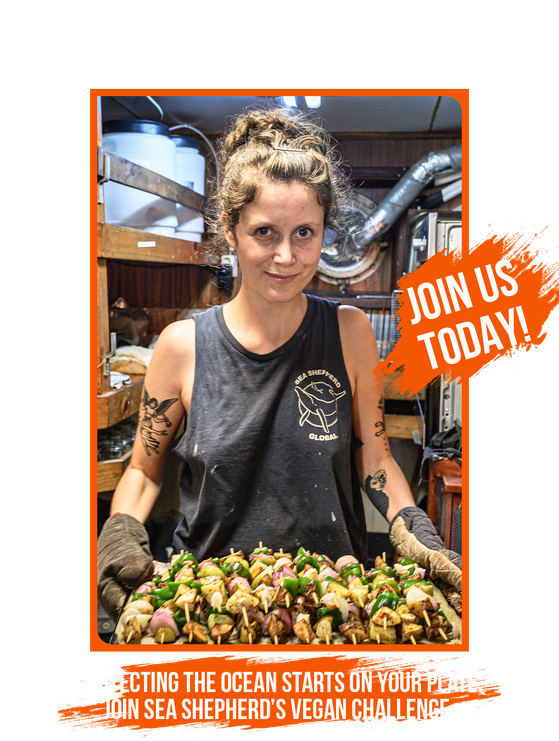
How Crew Members Adapt to a Vegan Lifestyle
The Sea Shepherd Conservation Society integrates a vegan lifestyle into their ocean conservation efforts. This plant-based diet not only supports their eco-friendly mission, but it also helps the crew members adapt to a healthy and ethical living on board the ship.
Crew members often come from a variety of culinary backgrounds, and joining the Sea Shepherd provides a unique opportunity for them to learn and adapt to vegan cooking. The organization's galley chefs create delicious and nutritious meals using plant-based ingredients, ensuring that crew members enjoy a diverse range of meal options while on board.
Some key factors that ease adaptation to a vegan lifestyle on board include:
- Shared values: Crew members often share a common passion for ocean conservation, creating an atmosphere of mutual understanding and support for their dietary choices.
- Education and awareness: The organization makes an effort to educate their crew members on the ecological benefits of veganism, fostering a deeper understanding of the connection between their diet and the environment.
- Availability of vegan resources: On board the ships, crew members are provided with various vegan cookbooks and learning materials, such as the Cookin' Up a Storm cookbook, to help build their culinary skills and inspire creativity in the kitchen.
Adapting to a vegan lifestyle on the Sea Shepherd not only benefits the crew members' health, but also aligns with the larger mission of conserving marine ecosystems. This harmonious relationship between dietary habits and conservation work demonstrates Sea Shepherd's commitment to fostering sustainable and ethical practices in every aspect of their mission.
Real-Life Experiences of Vegan Crew Members
For many crew members on the Sea Shepherd ships, going vegan was an eye-opening experience. As the ships are 100% vegan, they are a perfect example of how delicious and nutritious plant-based meals can be prepared even in challenging environments.
Laura Dakin, who has served as the chief cook on the Sea Shepherd's flagship Steve Irwin, shares her adventures in feeding a hungry crew of 50 morning, noon, and night. Using her skills and creativity, Laura demonstrates the variety of delicious vegan dishes that can be served to the crew, while also proving the benefits a plant-based lifestyle can have for the environment.
From hearty stews and curries to comforting pasta dishes and nutritious salads, Laura highlights the diversity of vegan cuisine aboard the ship. In her book, Cookin' Up A Storm, she shares 80 of the crew's favorite vegan recipes, all of which have been adapted for easy preparation in a home kitchen.
Besides enjoying delicious meals, the crew members of Sea Shepherd also experience unforgettable moments while protecting marine wildlife. These experiences continually reinforce the importance and benefits of adopting a vegan lifestyle to preserve ocean ecosystems. As the crew works to defend the ocean's inhabitants, their commitment to veganism is a testament to their dedication to preserving life on Earth.
Conclusion
Adopting a vegan lifestyle aboard the Sea Shepherd ship has not only been environmentally beneficial but also practically feasible. The 100% vegan policy onboard plays a significant role in demonstrating that ocean conservation goes hand in hand with sustainable dietary choices. The talented chefs on the ship ensure that the crew is well-nourished with delicious vegan meals while they carry out their essential duties in protecting marine wildlife.
The decision to go vegan on the Sea Shepherd supports their mission to combat overfishing and the detrimental effects of animal agriculture on our oceans. This approach has been acknowledged and praised by various sources such as HuffPost Impact.
Encouraging others to adopt a vegan lifestyle, even when on the high seas, sends a powerful message about the relationship between our food choices and the health of our planet. As the Sea Shepherd continues to fight for ocean conservation, the vegan journey embarked upon by its crew highlights the importance of aligning one's lifestyle with one's values and the commitment to creating a sustainable future for all.
Charlie is Editor-in-Chief of Sea Magazine




